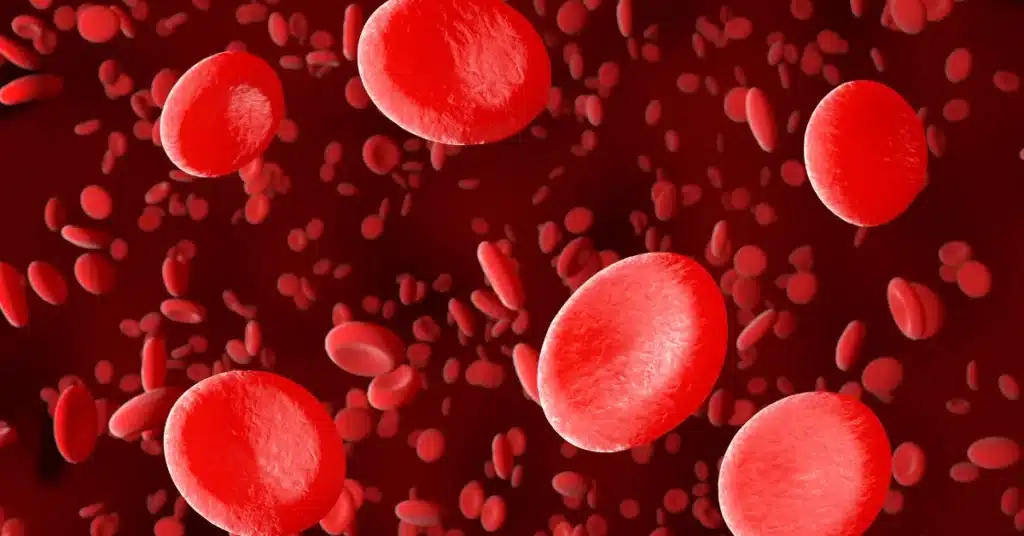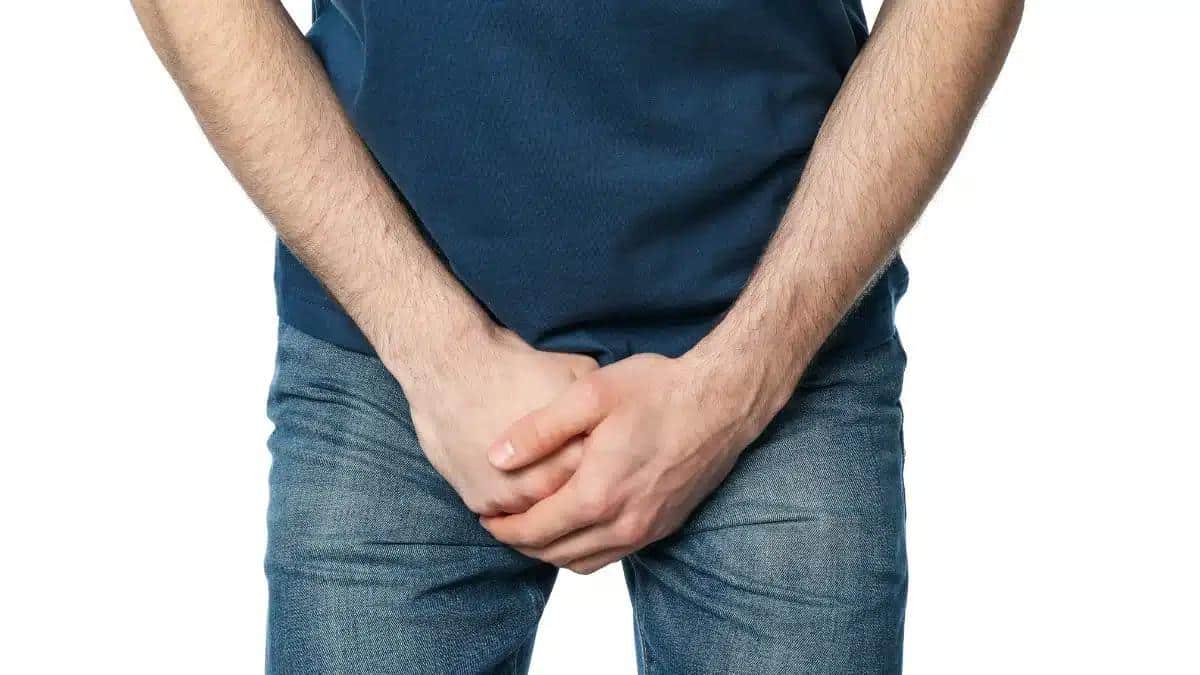Erections that hurt are often not normal.
Painful erections might make you feel uncomfortable and frustrated.
It may also hinder your relationship with your partner.
Most men wonder why it hurts when I get hard.
And most of them end up searching the Internet about it hurts when I get hard treatment.
There are various reasons why people experience pain during an erection.
Most of them involve issues with blood flow and blood circulation to the penis.
Other causes include reactions to medications, penile damage, or urethritis.
This article will focus on painful erections and ways to overcome them.
What are painful erections
Priapism is different from a normal erection, which usually subsides after sexual arousal and ejaculation.
Painful erections can last for several hours or even longer, and if left untreated, they can lead to serious complications.
There are two main types of Priapism; Ischemic Priapism and Non-ischemic Priapism.
Ischemic Priapism: This is the most common type and occurs when blood becomes trapped in the erectile tissues of the penis, leading to reduced oxygen supply to the tissues.
It is often associated with Sickle Cell Anemia, Leukemia, certain medications, or other medical conditions that affect blood flow.
In most severe cases, it can also lead to Erectile Dysfunction and infertility.
Non-ischemic Priapism: This type is less common and typically less painful than Ischemic Priapism.
It is caused by increased blood flow to the penis due to an injury or trauma. The penile tissues may remain engorged without the usual mechanism for detumescence (returning to a flaccid state).
Painful erections can be a severe medical concern, and if you or someone you know experiences this condition, it is essential to seek immediate medical attention.
Recommended read: Everything to Know About Male Erection
Treatments for Painful Erection
 Source: Science_Photo_Library
Source: Science_Photo_LibraryThe underlying reason and the intensity of the pain determine the medical treatment of a painful erection.
The first and most significant approach is allowing the penis to return to its usual flaccid condition.
A healthcare expert may use a needle and syringe to drain blood from the penis to relieve pressure and pain associated with ischemic Priapism (low-flow).
Some medications can constrict blood vessels and decrease blood flow to the penis.
Injections of Phenylephrine or Epinephrine are two examples of such medicines.
Oral medicines, such as Pseudoephedrine or Terbutaline, may be recommended in some circumstances to increase vasoconstriction and ease the condition.
Painkillers or analgesics may be provided to ease the discomfort caused by Priapism,
Identifying and addressing the underlying cause of Priapism is essential for preventing future discomforts.
It might include treating Sickle Cell Anaemia, Leukaemia, or other underlying medical disorders.
Medication adjustments that may contribute to Priapism may also be required.
In non-emergency cases, using a cold compress on the penis or perineum for 10 to 20 minutes may assist in diminishing erections while also relieving discomfort.
Also, kegel or pelvic floor exercises can help you tone your pelvic floor muscles and enhance the quality of your erections.
If conservative methods fail, more intrusive procedures like surgery may be required.
These operations are designed to increase blood flow while lowering the risk of problems.
Recommended read: All You Need to Know About What Causes Erection?
Conclusion
 Source: business_images
Source: business_imagesWondering why it hurts when I get hard? Erection pain is a medical problem requiring immediate attention and examination by a healthcare expert.
Prolonged painful erections are referred to as Priapism.
Erections lasting more than four hours could be a sign of a medical emergency.
Medication, penile injury, or urethritis may trigger painful erections.
Early management can help relieve pain, preserve sexual function, and treat any underlying health conditions that contribute to the pain.
Depending on the type and length of painful erections, treatment options may vary.
These include draining out blood from the penis, certain medicines, or undergoing surgical treatments.
If you experience painful erections, consult a doctor immediately to ensure the correct diagnosis and treatment.
Frequently Asked Question
How long should an erection last before it becomes a concern?
The average duration of an erection is a few minutes, occasionally even up to around a half hour. Talk to your doctor immediately or get emergency treatment if you have Priapism or an erection that lasts longer than four hours.
What should I do if I experience a painful erection?
If you experience painful erections that last longer, immediately consult a certified healthcare expert. Stay calm and do not attempt any self-treatment.
How are painful erections treated?
Treatments for painful erections include a cold compress, tablets or injections to relieve pain or discomfort, and in severe cases, surgery.
What are the potential complications of untreated Priapism?
Untreated Priapism can lead to Erectile Dysfunction, a deformed penis, infection, and pain or discomfort.
Are there any underlying medical conditions associated with Priapism?
Yes, several health conditions are found to be associated with Priapism. These include Sickle Cell Anemia, Leukemia, and Post-traumatic stress disorder (PTSD) or injury.
When referencing outside resources, GoodrxMedicine always provides full citations. To learn more about the measures we use to maintain the quality of our content, please review our Content Information Policy.











